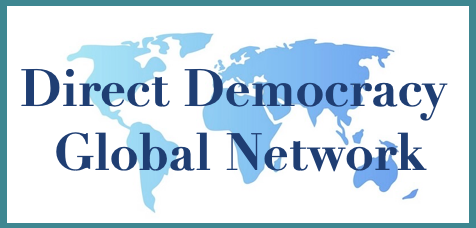
Welcome to the Direct Democracy Global Network
Roots of the Network
Switzerland's Direct Democracy in which Swiss citizens are politically sovereign.
Geneva's Jean-Jacques Rousseau whose treatises prescribed conditions for exercising political sovereignty -- and preserving it.
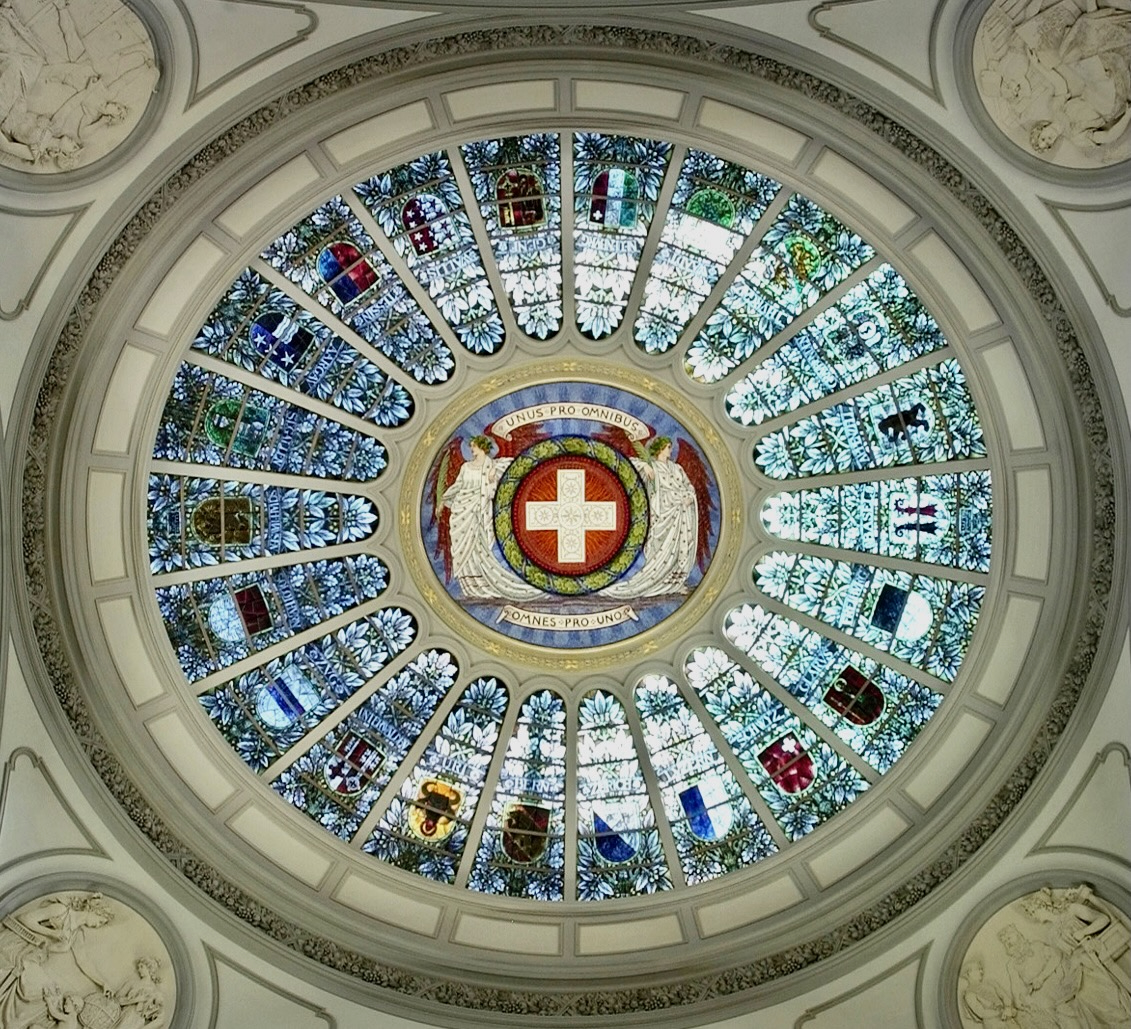
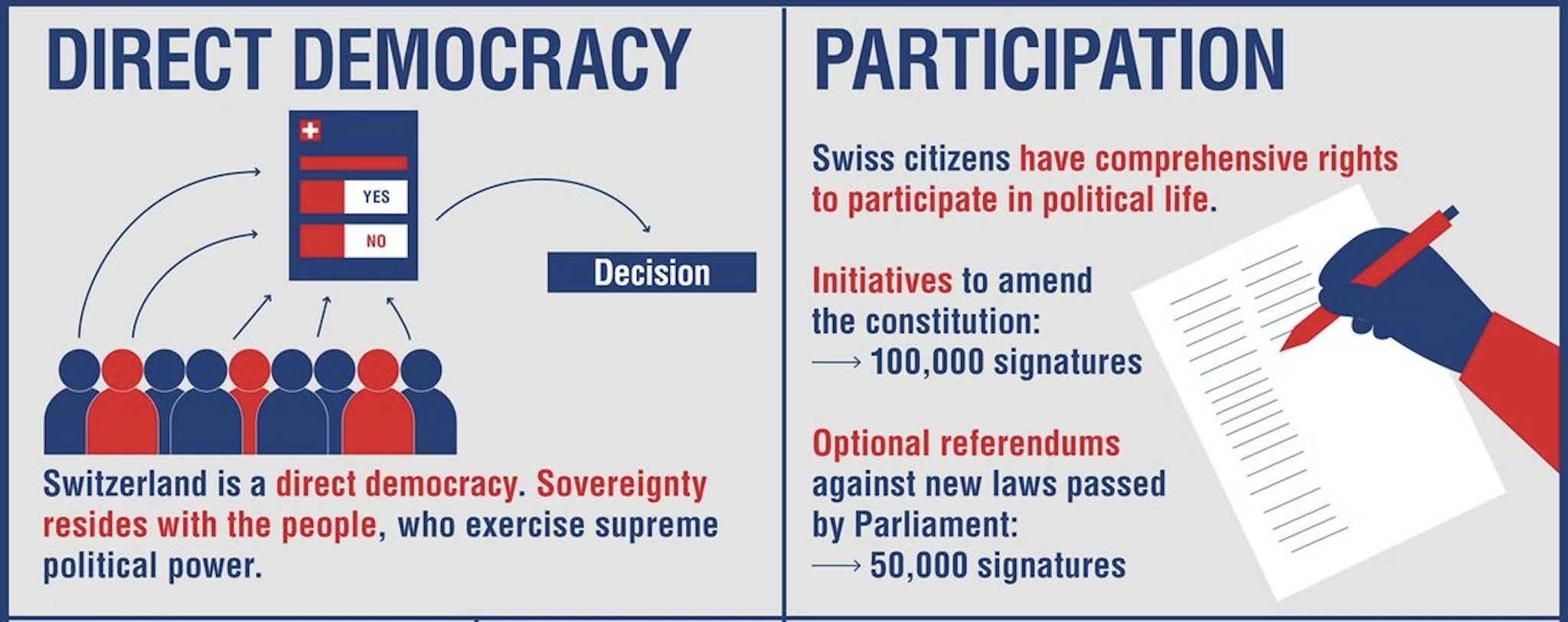
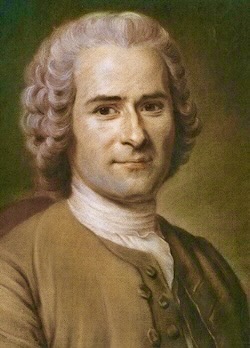
Purpose of the Network
Empowering voters worldwide to exercise their political sovereignty and determine who runs for office, who gets elected, and what laws are passed.
Ten Steps to Direct Democracy
The steps below describe how voters worldwide will be able to use historic Swiss direct democracy practices when the network is fully operational.
Step 1.
.png)
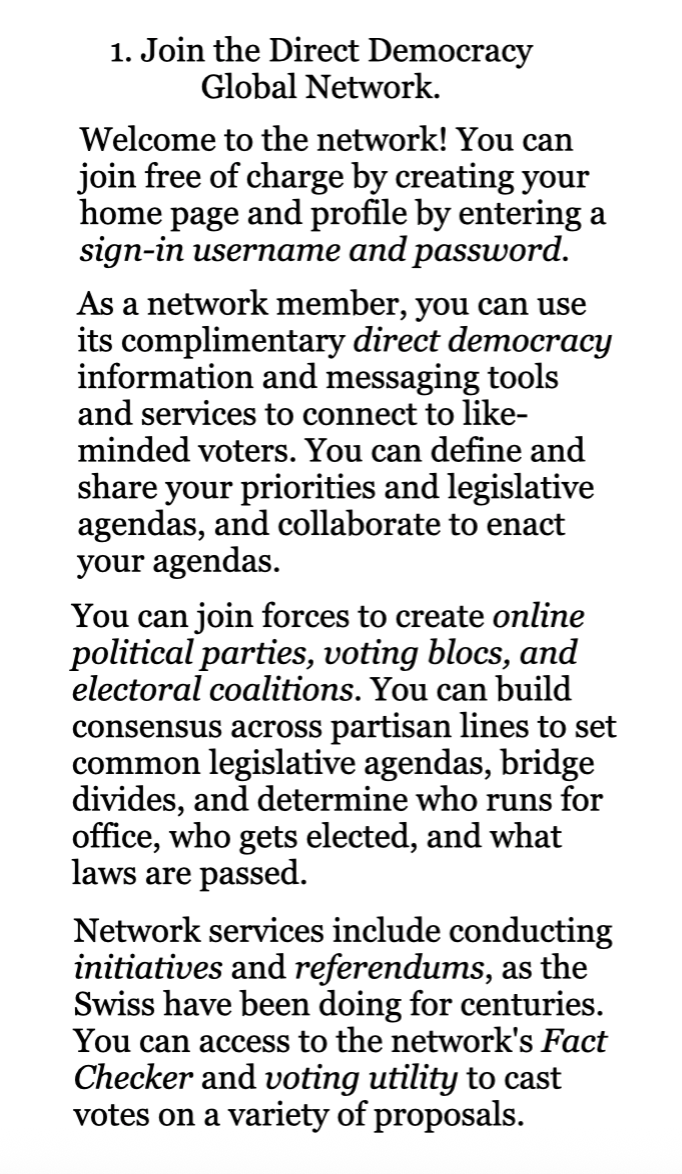
Step 2.
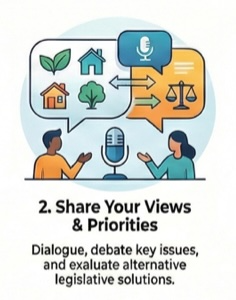
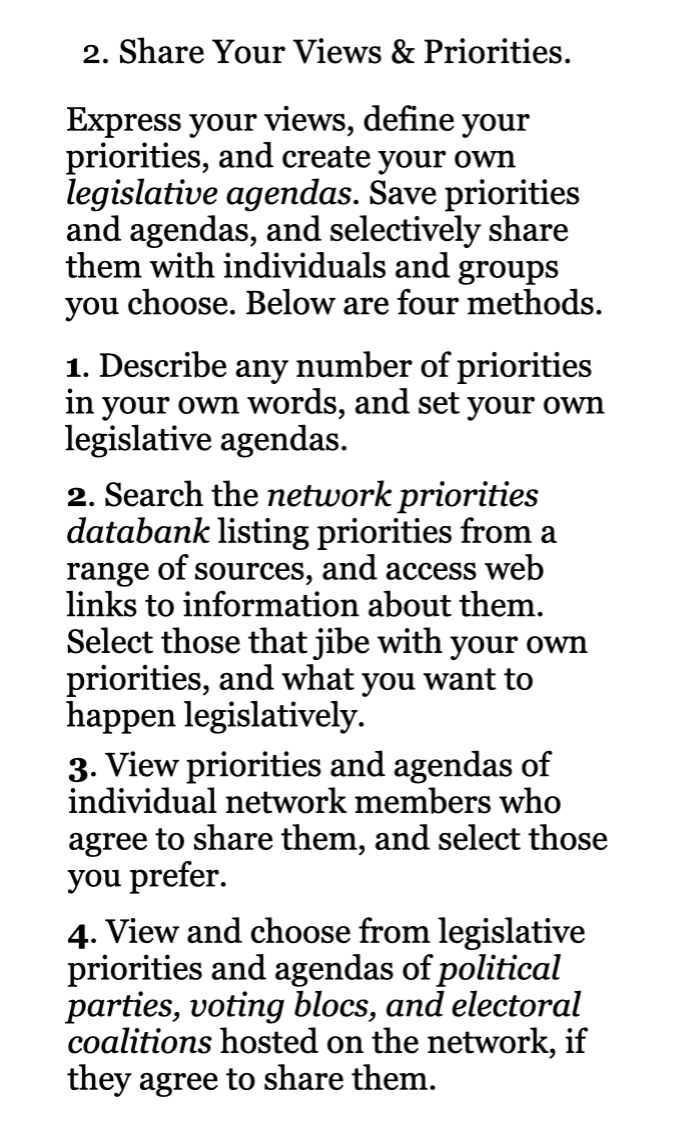
Step 3.
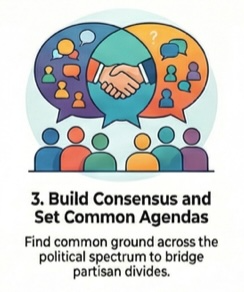
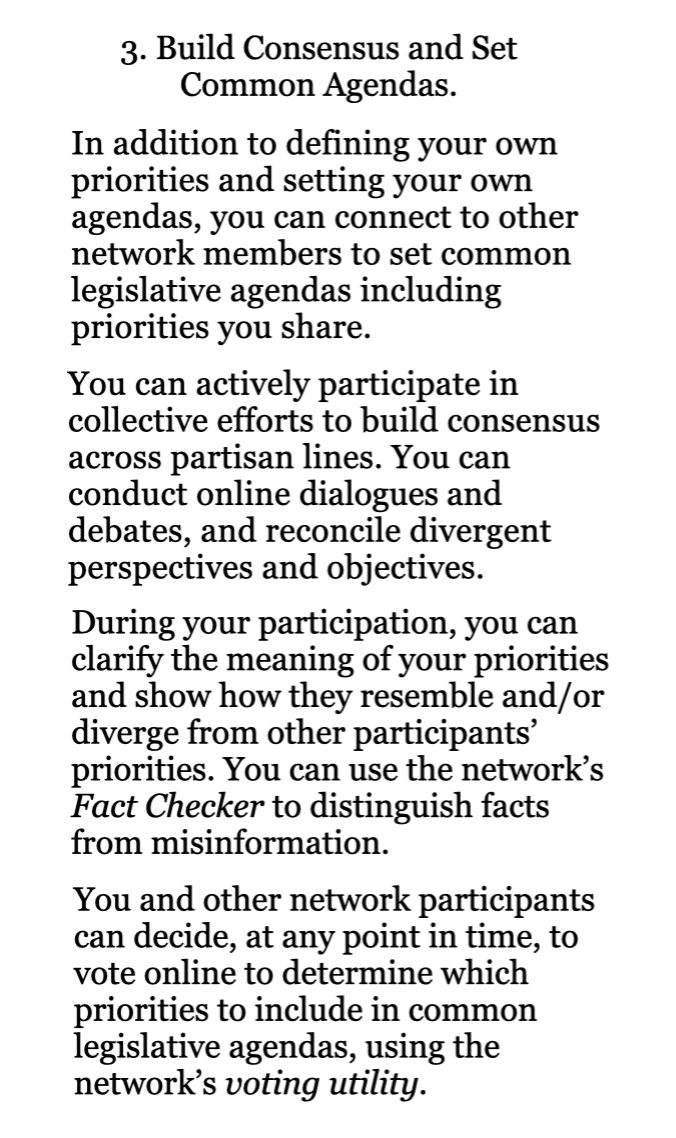
Step 4.
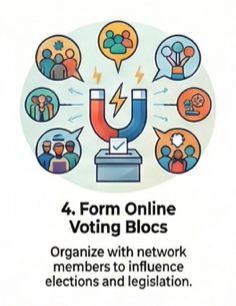
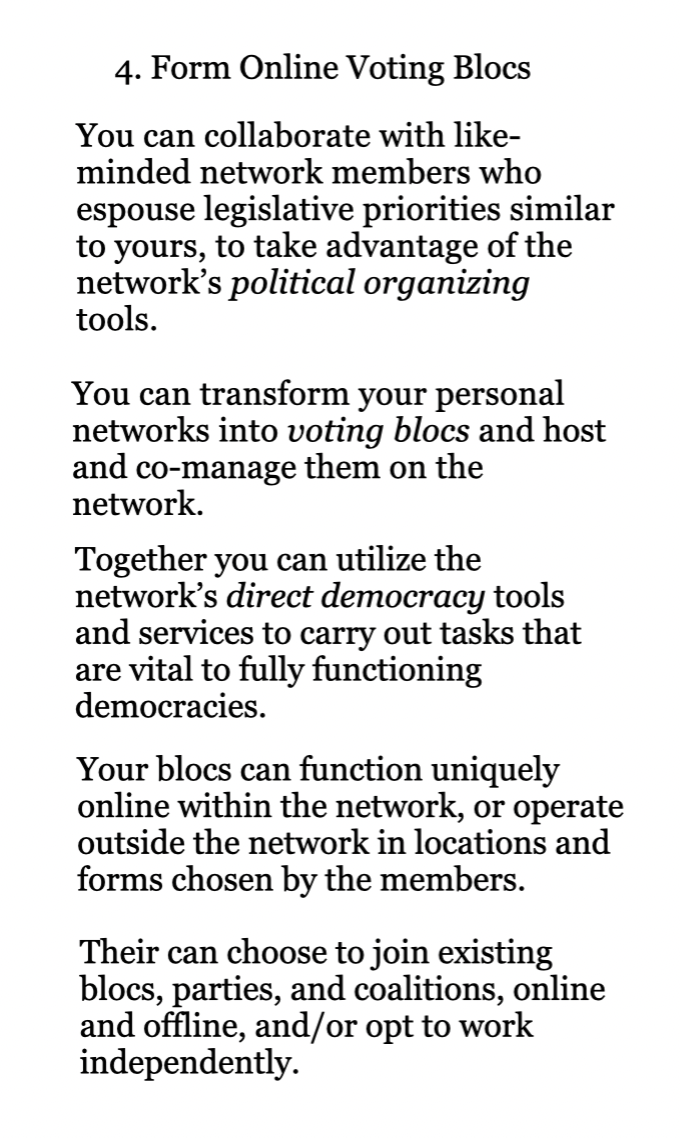
Step 5.

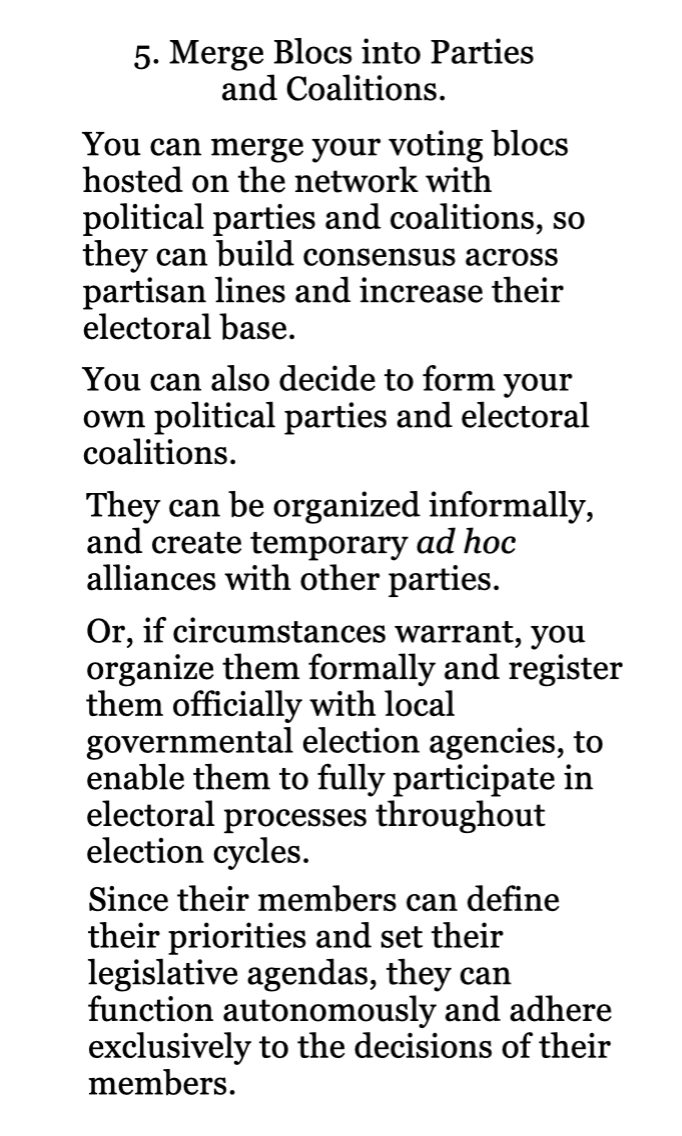
Step 6.
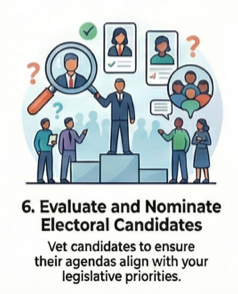

Step 7.
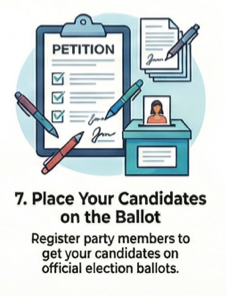
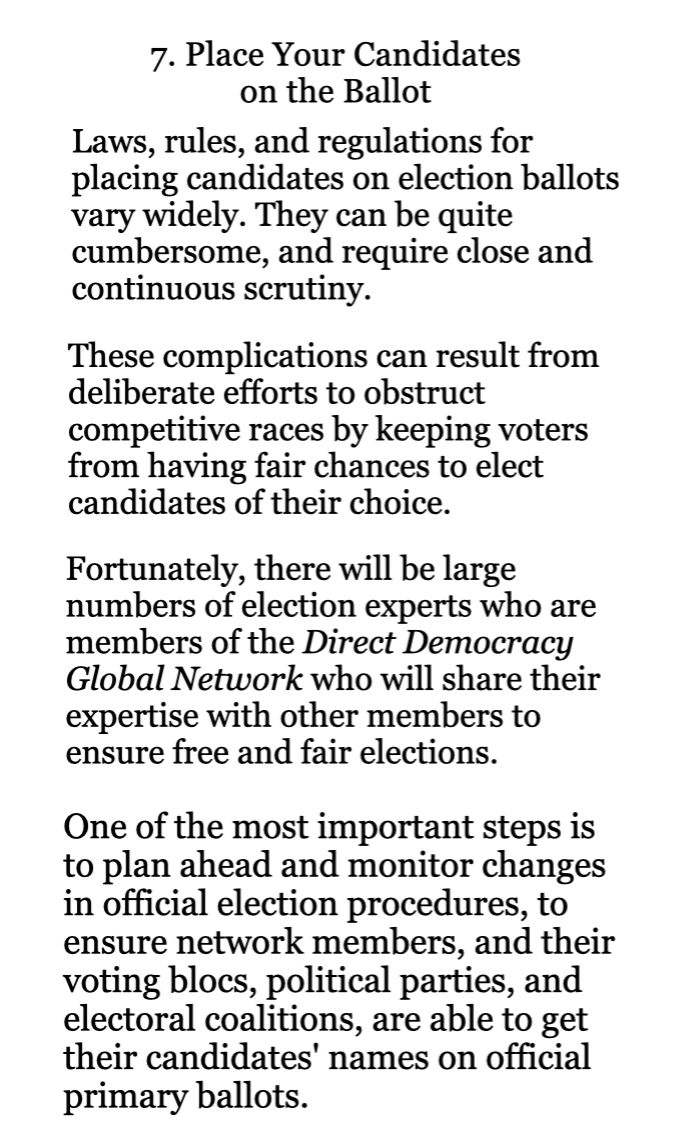
Step 8.
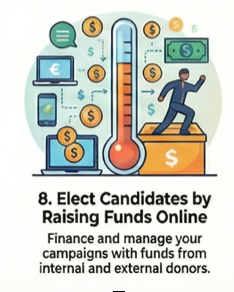
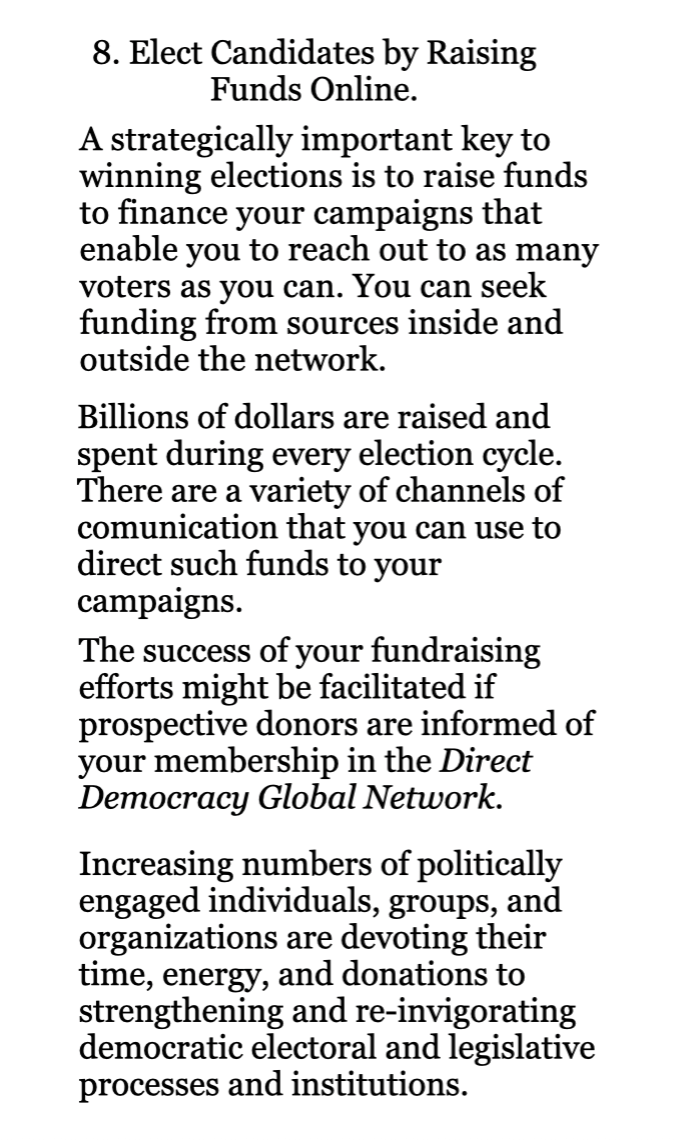
Step 9.
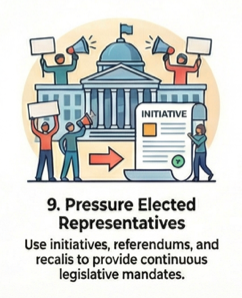
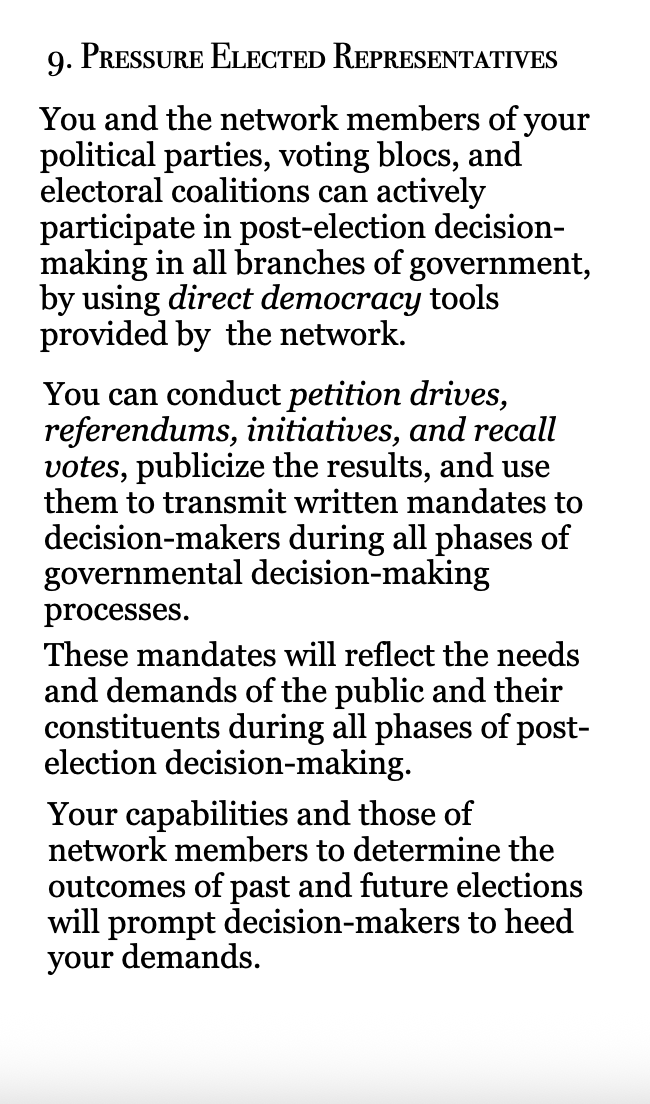
Step 10.
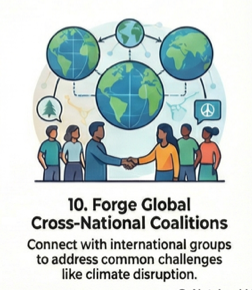
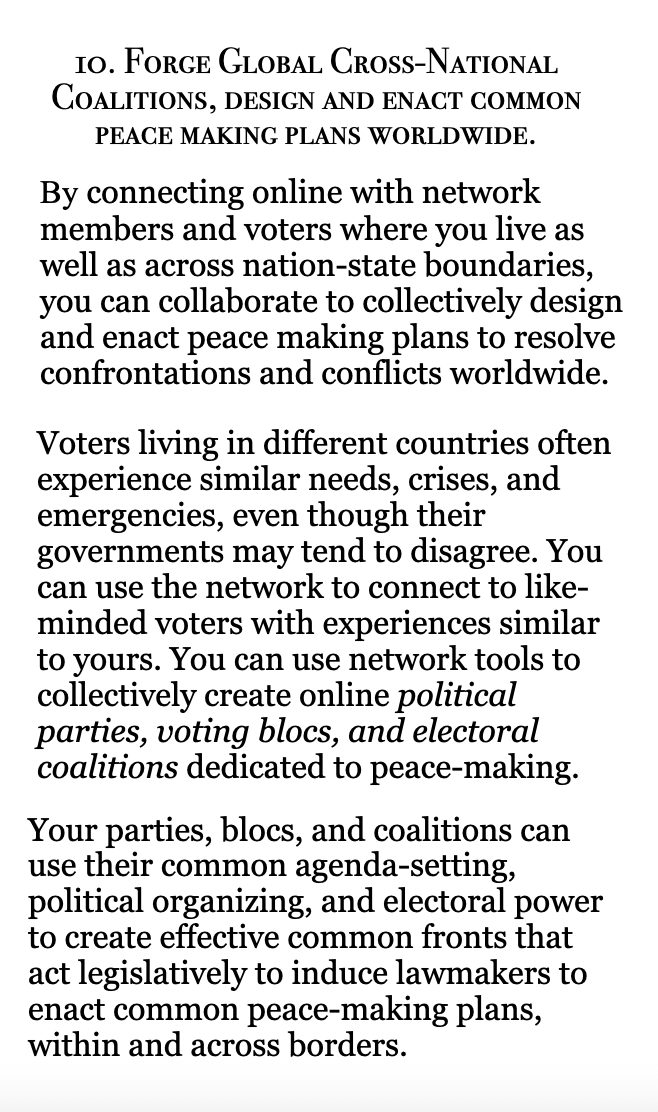
Kindly share comments and recommendations here:
info@ddgn.net
Copyright 2026 DDGN
All Rights Reserved